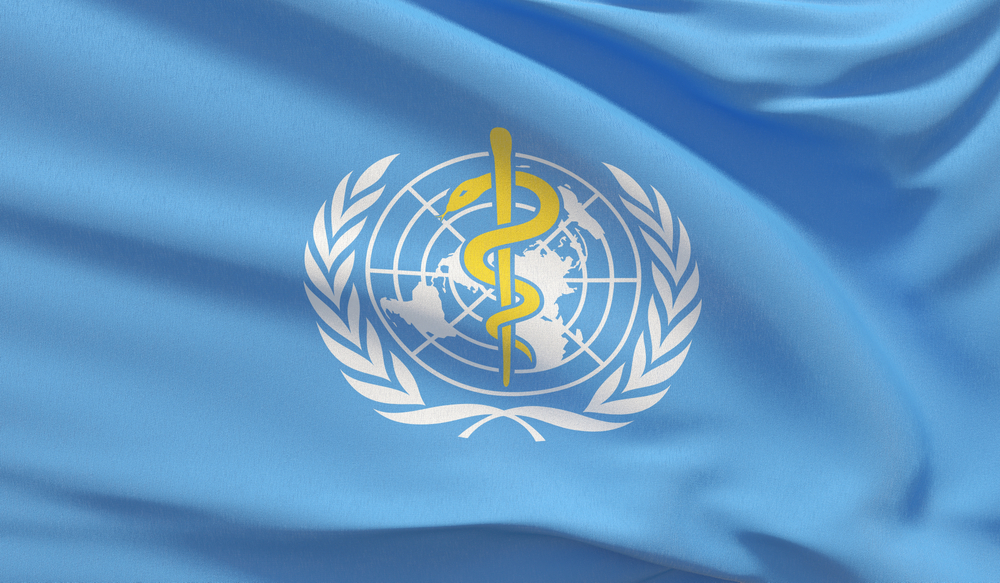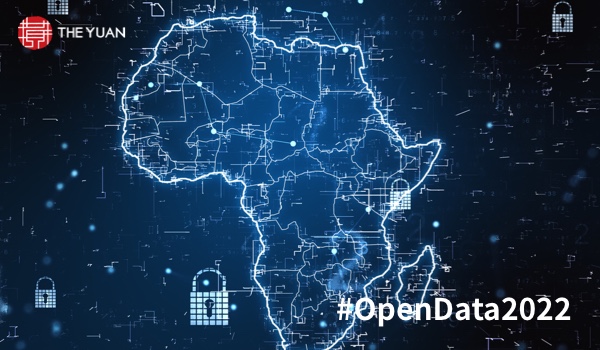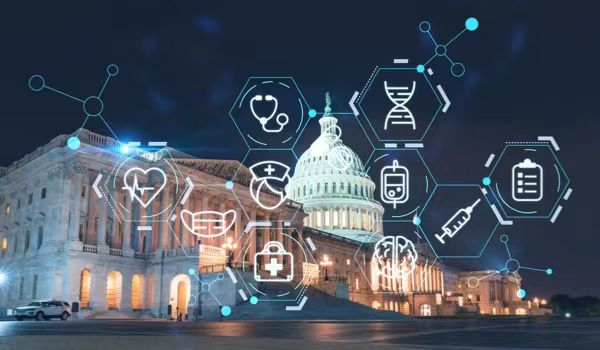


MUMBAI - In 1986, when a little-known graphics company was bought by a well-known but disgraced computer mogul who used it to make films, cinematographers mocked him, saying filmmaking is an art that takes a lifetime to perfect. Today, the company sits atop a mound of 23 Oscars, 10 Golden Globes, 11 Grammys, has made over US$14 billion, and has directly or indirectly revolutionized animation, filmmaking, video games, and everything else with a graphics display, including mobile phones, computers, and healthcare devices. The company is Pixar, the mogul was Steve Jobs.
Jobs died in 2011, yet his legacy and technology continue to prosper in areas we deemed untouchable. In the decade following Jobs’ demise, artificial intelligence (AI) is now upsetting the status quo in ways once unimaginable.
That the world was sluggish to react to the stupendous changes unleashed by AI is by now a cliché. Even stranger was the procrastination of the World Health Organization (WHO) toward it. But on June 28 this year, the WHO finally made a giant leap forward in catching up by releasing a report titled “Ethics and Governance of Artificial Intelligence for Health – WHO Guidance.”
This 165-page document available for free to download here1 is unique and seminal in the issues it grapples with. Though late to the party it should have been co-hosting, the WHO has produced an indispensable document for all AI stakeholders. The report is far from perfect but is worthy of a look for what it gets right and to see why it is an essential read.
Every new technology comes with its own unique issues and ethical challenges. With AI in medicine and healthcare, the basic challenge is to understand and categorize it. Does the use of AI in healthcare fall under medical or technological regulation? The me
The content herein is subject to copyright by The Yuan. All rights reserved. The content of the services is owned or licensed to The Yuan. Such content from The Yuan may be shared and reprinted but must clearly identify The Yuan as its original source. Content from a third-party copyright holder identified in the copyright notice contained in such third party’s content appearing in The Yuan must likewise be clearly labeled as such. Continue with Linkedin
Continue with Linkedin
 Continue with Google
Continue with Google










 2116 views
2116 views







